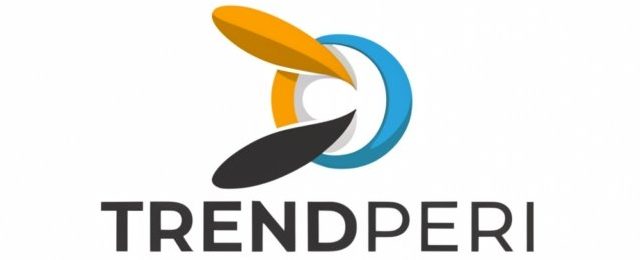If you want to increase your organic traffic, focus on Bing SEO. Bing is Microsoft’s search engine that was previously known as MSN and Windows Live Search.
Like Google, Bing uses a vector-based approach to fetch results. Effective on-page optimization, exact keyword matches, and quality content are key for boosting your organic search rankings.
Keyword Research
Keywords are the words potential customers type into search engines to find the products and services they want. Marketers use them to establish content strategy and create webpages that align with user intent.
Whether you are the SEO specialist for a large enterprise, the founder of a small local business, or a freelancer looking to increase your client’s rankings, it is crucial to know how keywords work. Although there are no secret formulas to guarantee a spot on the first page of Google, following best practices can make your website more attractive to search engine algorithms.
Search engines like Bing use a variety of factors to determine the quality of a page, including the number and type of exact match keywords, content relevance, social media links, domain authority, and more. The quality of your content is one of the most important ranking factors, so it’s important to take your time to write meaningful content that meets your audience’s needs.
Identify the keywords your customers are searching for by using tools such as AnswerThePublic, which analyzes Google search results to see what people are asking about specific topics. This tool can also help you get featured snippets, which appear above other search results and attract more clicks. It’s also worth exploring the keywords used by your competitors, as these can give you ideas for new content.
On-Page Optimization
A big part of SEO is on-page optimization. This involves optimizing individual web pages for their target keywords to help them rank higher in search engine results pages (SERPs). It’s also important to keep the user experience in mind when doing on-page optimization, as users are more likely to visit a website that provides the information they’re searching for.
One of the most important things to do when optimizing a webpage is to include the keyword in the title tag, URL, and meta description. This can help the page rank higher in SERPs, attracting more organic traffic. Another way to optimize a webpage is to add internal and external links, which can increase the page’s authority and help it rank higher in search engines. However, it’s important to not go overboard with these link tactics. Too many links can be seen as a spammy signal and can lower a page’s rank.
It’s also important to create content that reflects the user’s search intent. This means writing helpful and relevant content that fulfills the purpose of the query. It’s also important to consider how the content will look on mobile devices. A slow-loading website can hurt your search rankings, so make sure your content loads quickly. You can use a tool like Google Page Speed Insights to check your page speed.
Link Building
Microsoft’s search engine, Bing, gets millions of visitors every day. Including it in your SEO strategy is essential for boosting your organic traffic and getting more conversions. There’s less competition on Bing compared to Google and many of the same tactics work well. Whether you want to claim your listing, optimize your images, include short-eye-catching product videos, or connect your social media accounts – these all work on both Google and Bing.
Backlinks are a leading ranking factor for both Google and Bing and have been since the 1990s when one of Google’s founders created PageRank, the algorithm that prioritizes pages with backlinks. The best way to build quality backlinks is to create content that’s so valuable that other websites would link to it naturally. This can be done by writing high-quality articles and promoting them through social media channels or by guest posting on relevant websites.
As for on-page optimization, it’s important to keep in mind that Bing is more traditional when it comes to keyword usage and places more emphasis on exact keywords. This makes it crucial to make sure that your title tags, header tags, and meta descriptions are relevant to the keyword you’re targeting. Also, don’t overdo the use of keywords as it will be considered spammy and could hurt your rankings. Avoid things like keyword stuffing, link schemes, and reciprocal linking as they won’t help you in the long run.
Social Media
Using social media is an effective strategy to promote your content. However, you have to be careful not to overdo it as this can hurt your SEO efforts. For example, if you have too many links in your bio or too many keywords in your profile, this can negatively impact your search engine rankings. In addition, too many links can be viewed as a spam signal and lead to your website being penalized or removed from the search engine results altogether.
Another effective technique is to include a link back to your website from your social media profiles to boost organic traffic. This will also help with brand recognition and can potentially lead to more sales. Additionally, you can use social media as a tool to drive more traffic by creating engaging and informative posts and encouraging your followers to share them with their friends and family.
Optimizing your site for Bing presents a unique opportunity to tap into a surprisingly large and distinct audience. By prioritizing on-page optimization and keyword research, you can tap into a receptive audience that is typically more mature and may have stronger purchasing intent. Optimizing your site for Bing can boost your conversion rates by tapping into a receptive audience that uses voice-controlled devices like Amazon Alexa and Microsoft Cortana to search for products and services.

